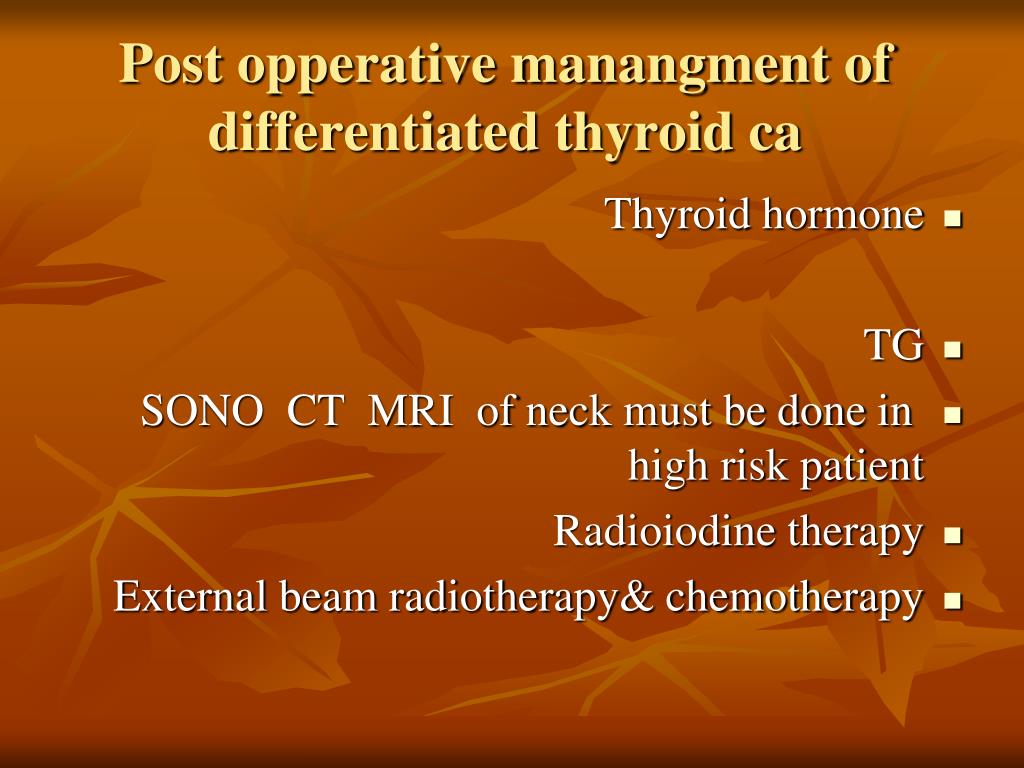

Subclinical hypothyroidism has an elevated TSH and a normal free T4. Overt hypothyroidism is defined by an elevated TSH and a low free T4. Secondary hypothyroidism may indicate that a diagnosis of hypophysitis should be considered. Acute illness can cause levels of T3 to be inaccurate. Primary hypothyroidism usually has elevated TSH with low to mid-normal levels of free T4, and secondary hypothyroidism usually has low to mid-normal levels of TSH with a low free T4.


Primary thyroid dysfunction is different from treatment-related (secondary) dysfunction. Most immunotherapy-related toxicities secondary to hypothyroidism are grade 1–2 (mild to moderate). Use the Common Terminology Criteria for Adverse Events to grade the frequency and severity (see sidebar) and define management strategies. Note bradycardia, dry skin, fullness of the face, periorbital edema, tongue swelling, and delayed relaxation of deep-tendon reflexes. Department of Health and Human Services.Ī thorough history and physical examination must be conducted and baseline levels of physical status reviewed. Grade 4: Life-threatening consequences urgent intervention indicatedīased on information from U.S.Grade 3: Severe symptoms limiting self-care activities of daily living hospitalization indicated.Grade 2: Symptomatic thyroid replacement indicated limiting instrumental activities of daily living.Grade 1: Asymptomatic clinical or diagnostic observations only intervention not indicated.Hypothyroidism may be transient or permanent, requiring lifelong thyroid replacement. Symptoms are most often mild with transient thyrotoxicosis, last a few weeks, then resolve and progress to euthyroidism or hypothyroidism. Hypothyroidism may present as transient thyrotoxicosis followed by hypothyroidism. Immune-related thyroid dysfunction may occur within weeks to months after beginning immunotherapy. However, these symptoms are generally mild and nonspecific, particularly in the oncology population, even when blood counts have dramatic changes. Other signs may include constipation, cold intolerance, and dry skin. The most common signs of hypothyroidism are fatigue and weight gain. See sidebar for specific incidence rates. estimated that the incidence of all-grade hypothyroidism in patients on immune checkpoint inhibitors was 6.6%, although the literature notes a range of 3%–22%. A recent meta-analysis by Barroso-Sousa et al. Hypothyroidism secondary to immunotherapy is more common with PD-1 and PD-L1 inhibitors and when combining CTLA4 and PD1 blockade therapy. Advanced practice RNs (APRNs) have a role in monitoring and treating patients for endocrine-related toxicities. Endocrine dysfunction, including hypo- or hyperthyroidism, hypophysitis, type-1 diabetes, and primary adrenal insufficiency, may occur. Immunotherapy has a unique set of toxicities in comparison to traditional chemotherapy.


 0 kommentar(er)
0 kommentar(er)
